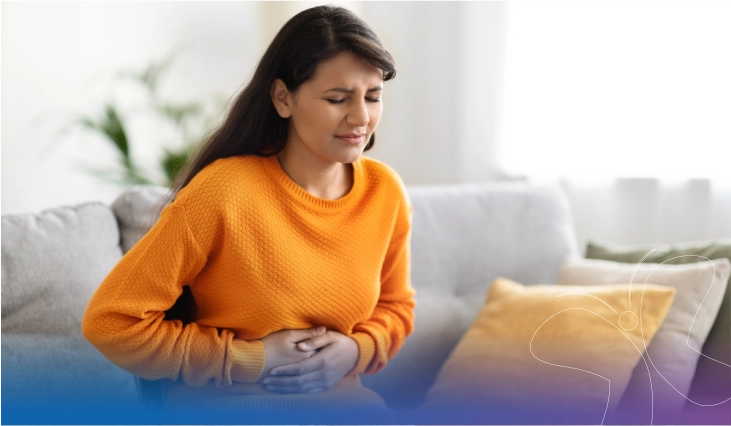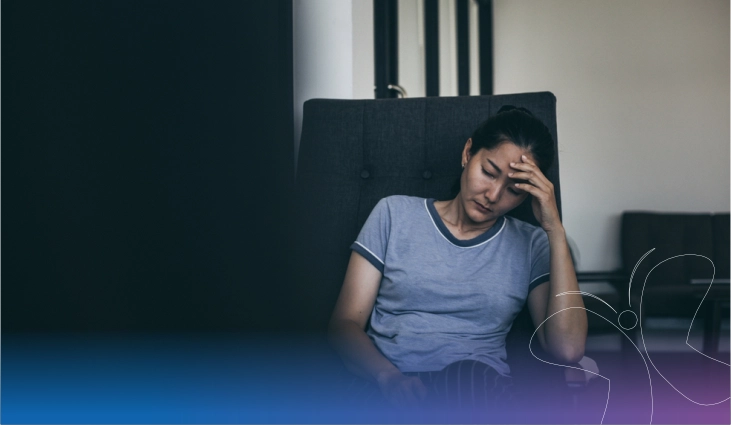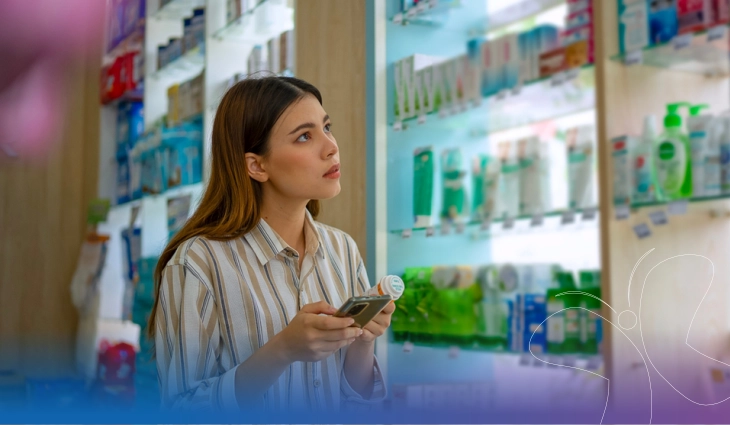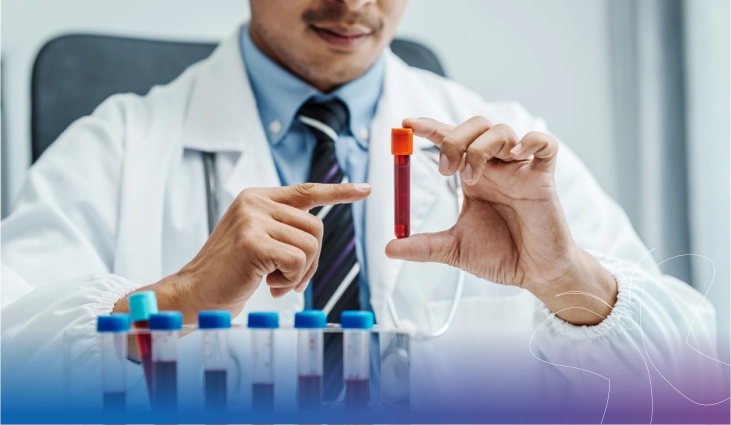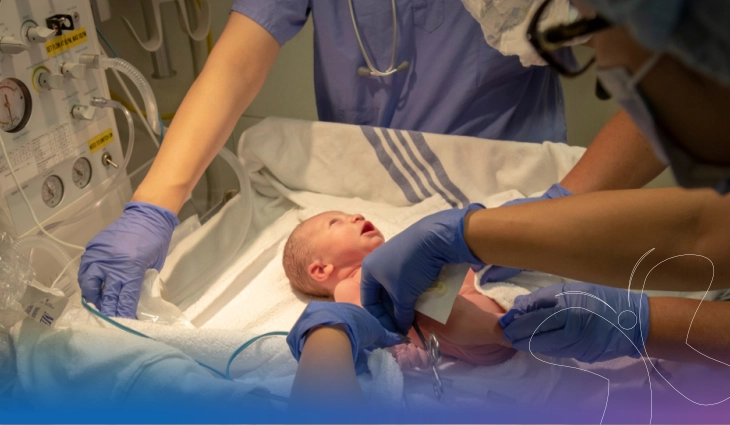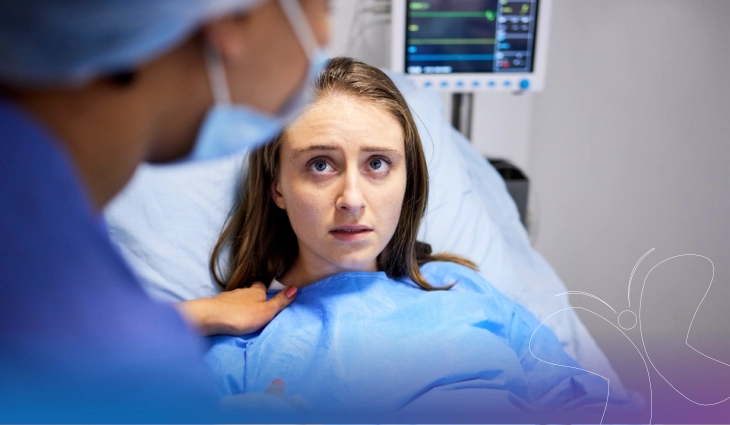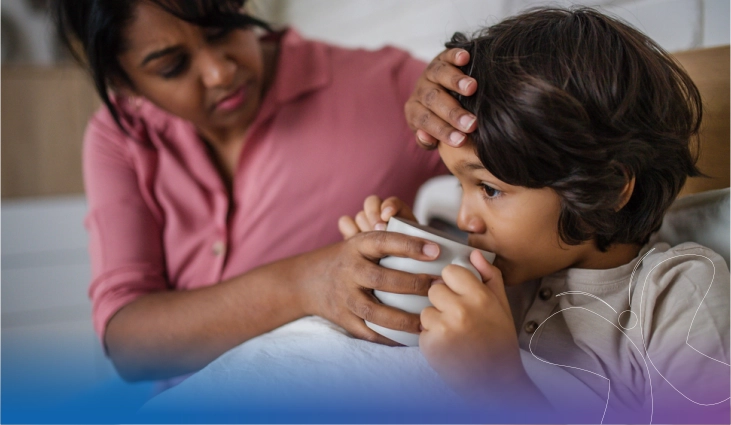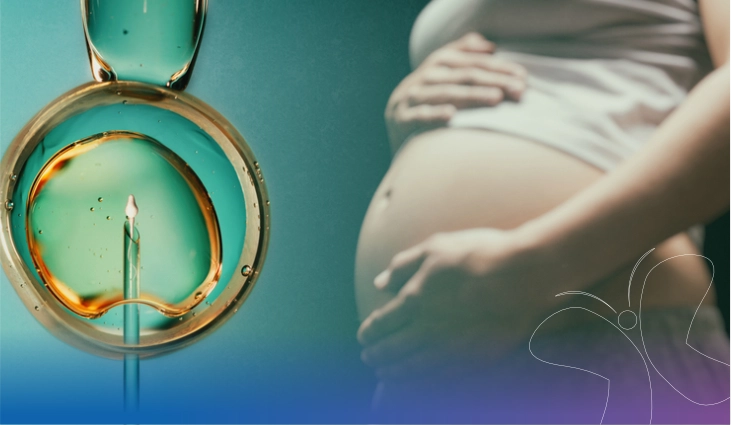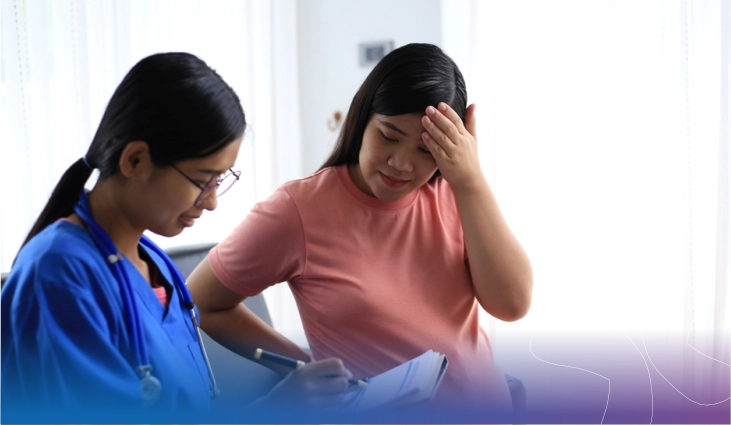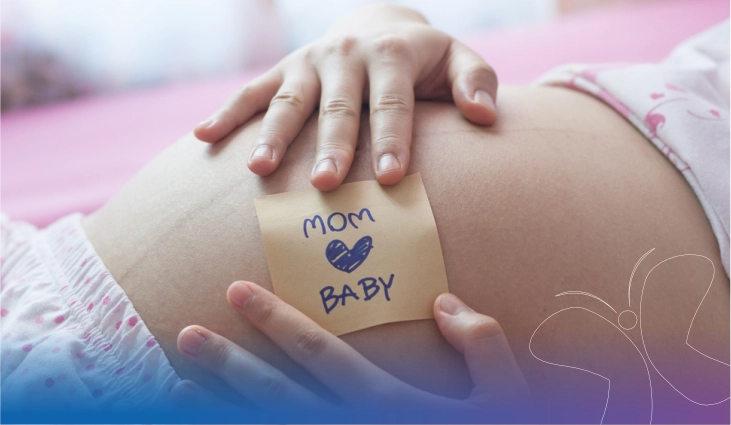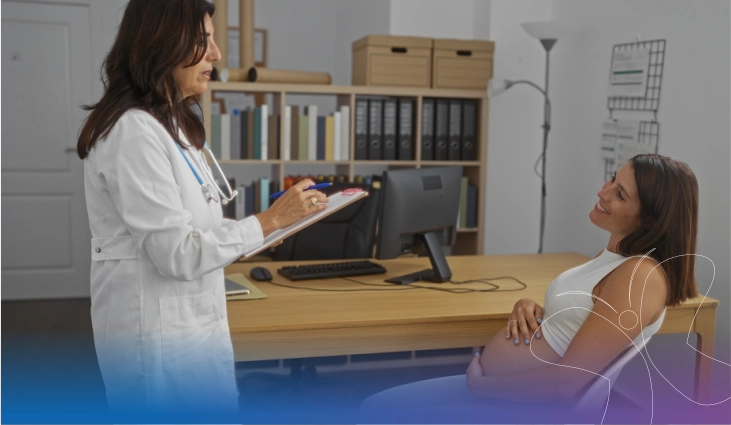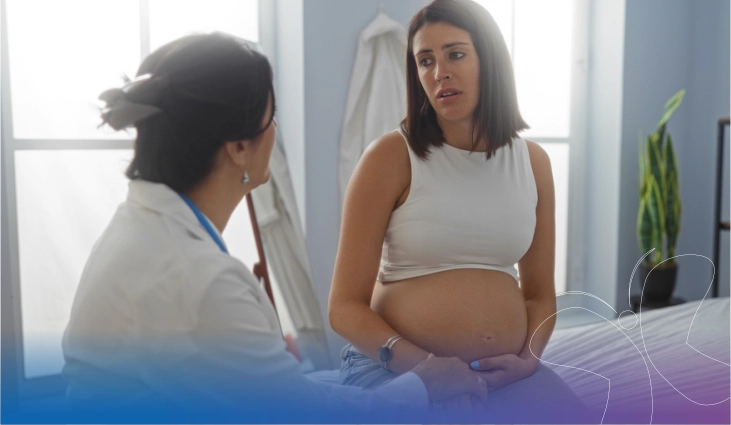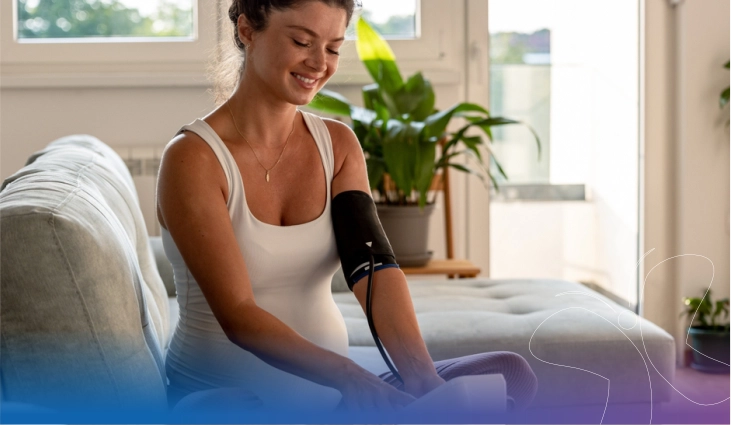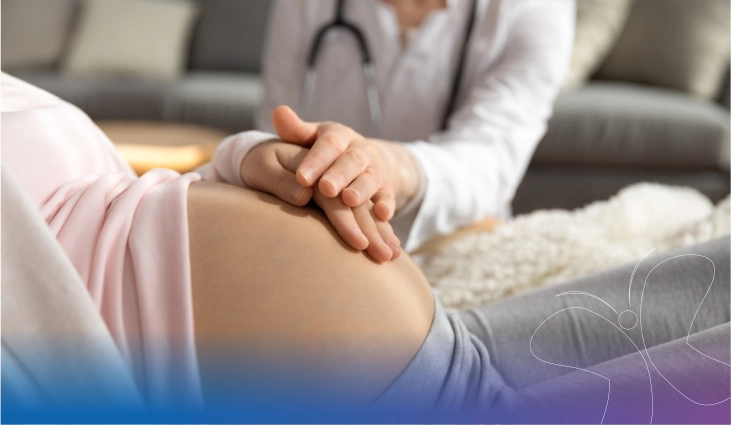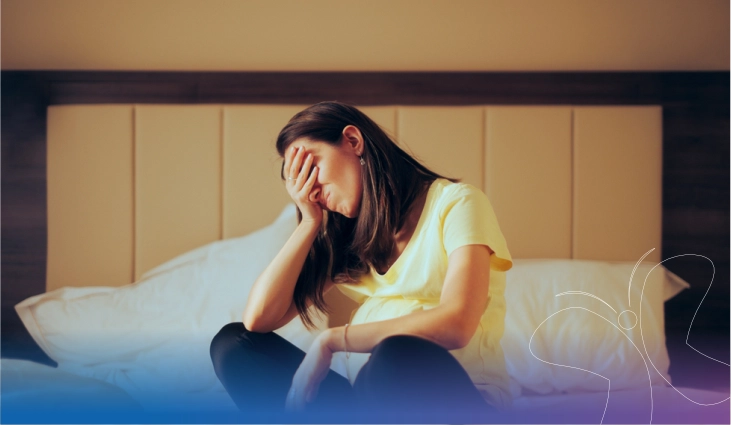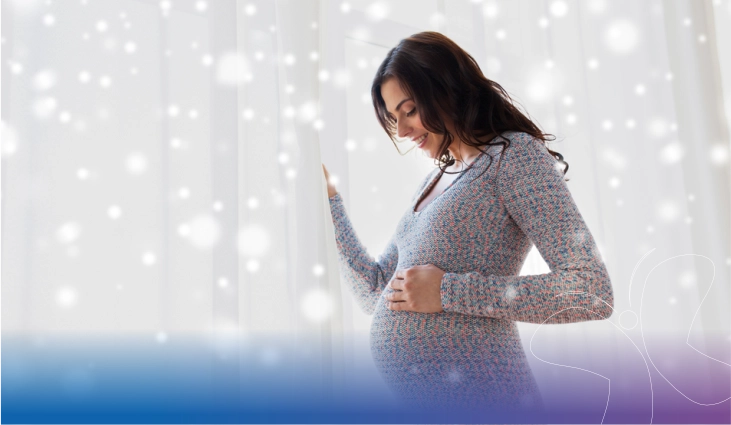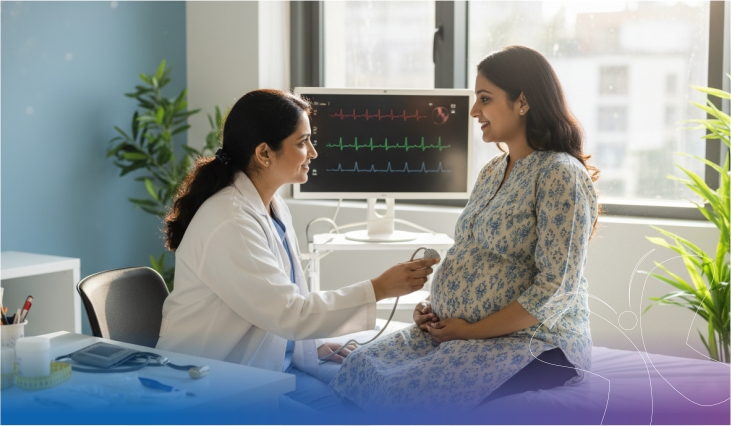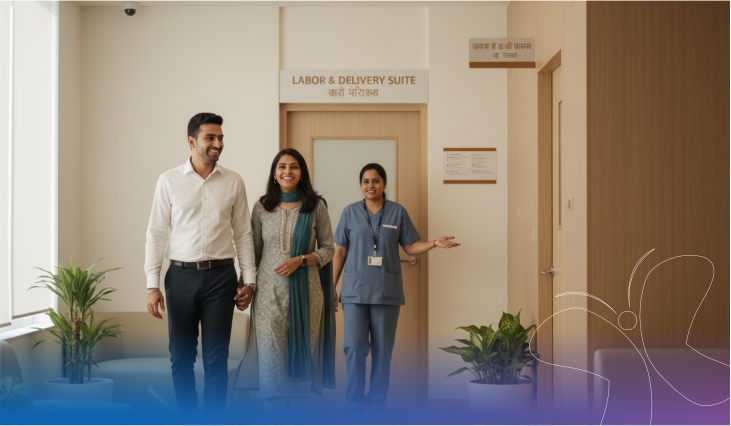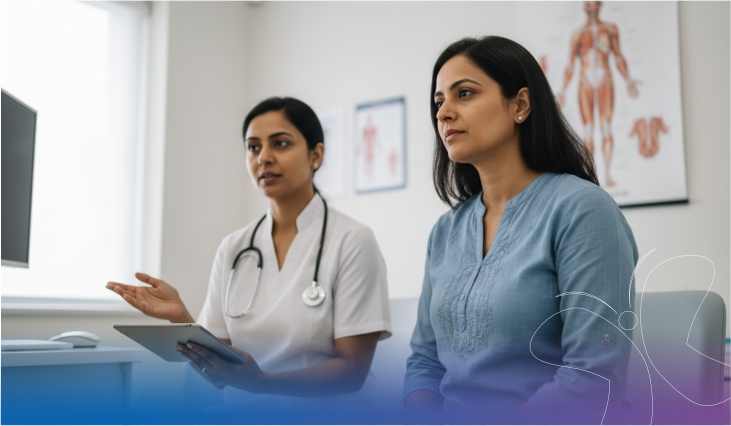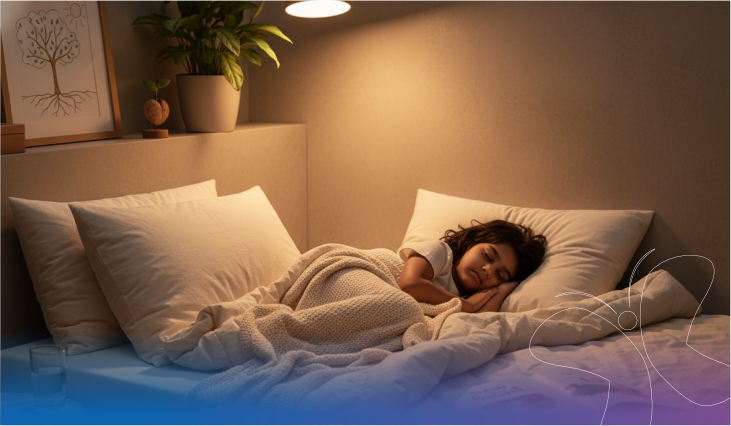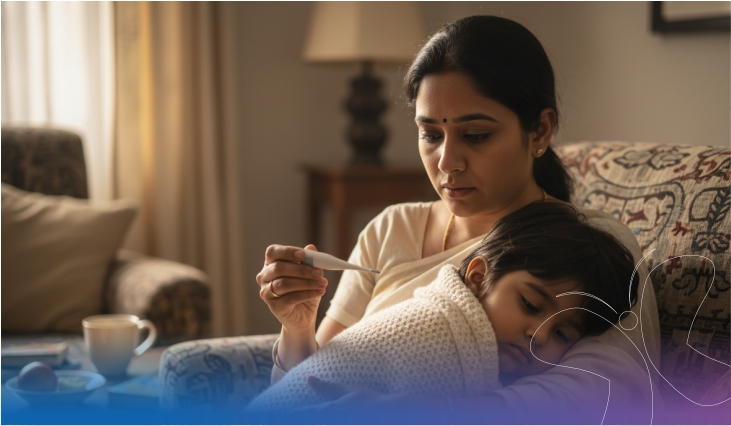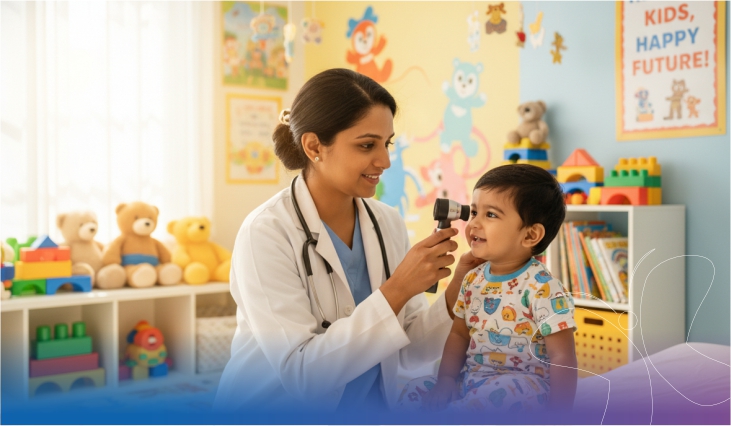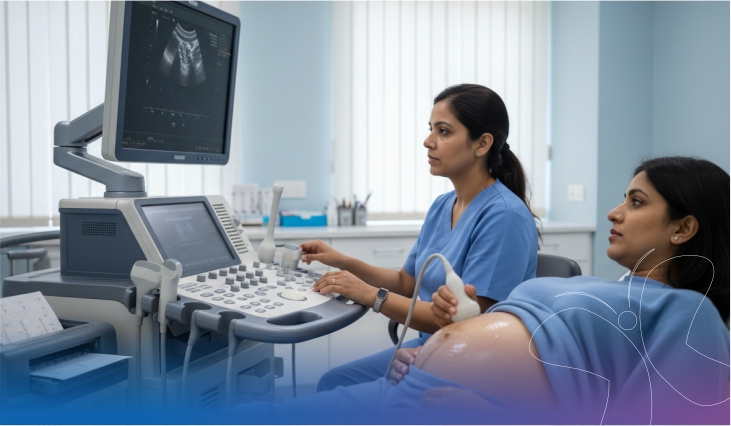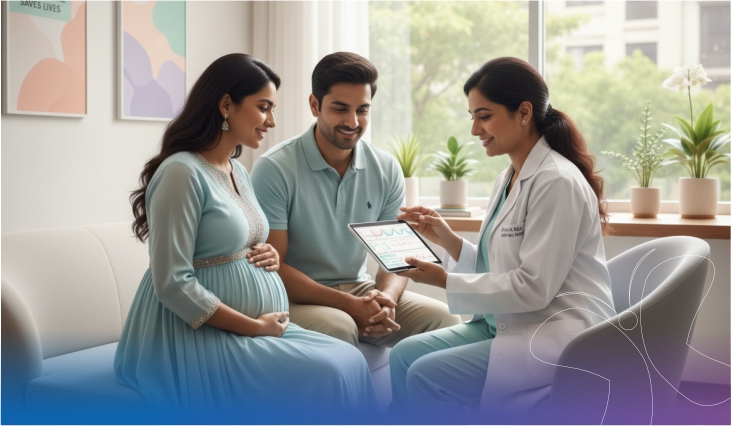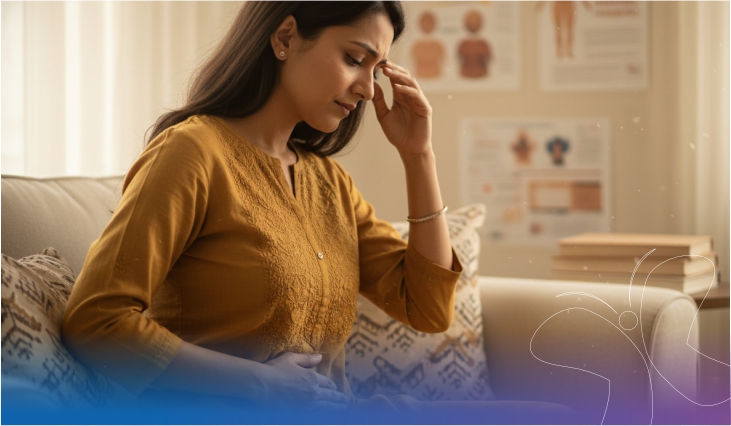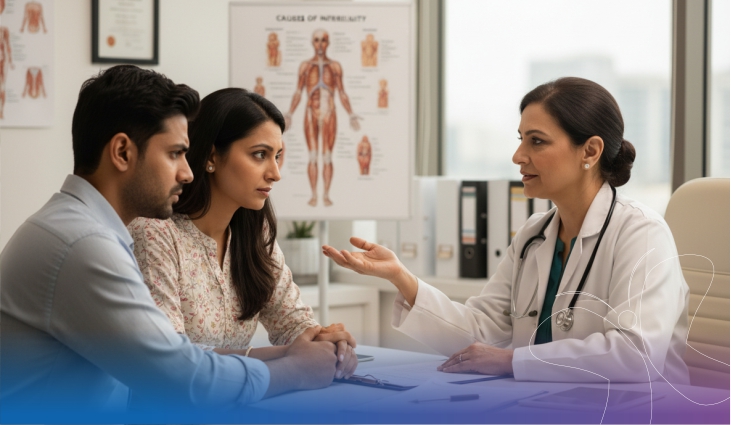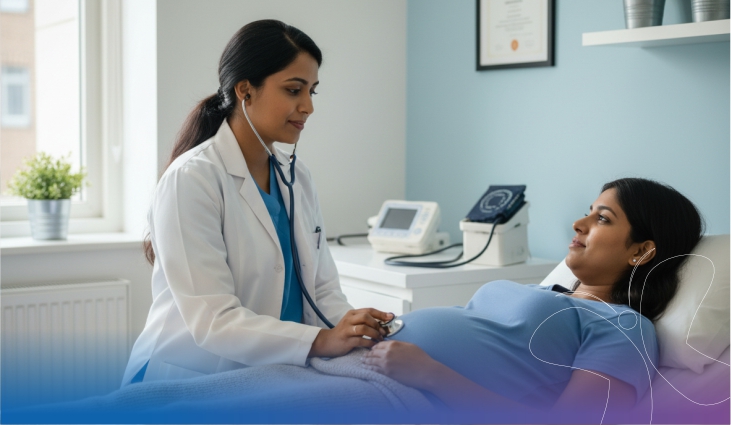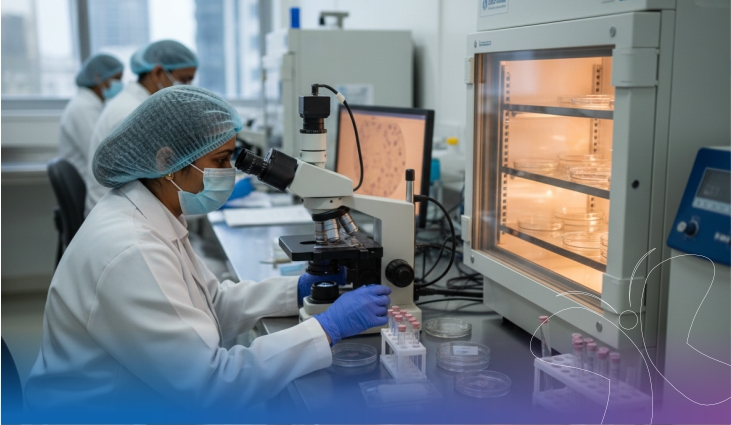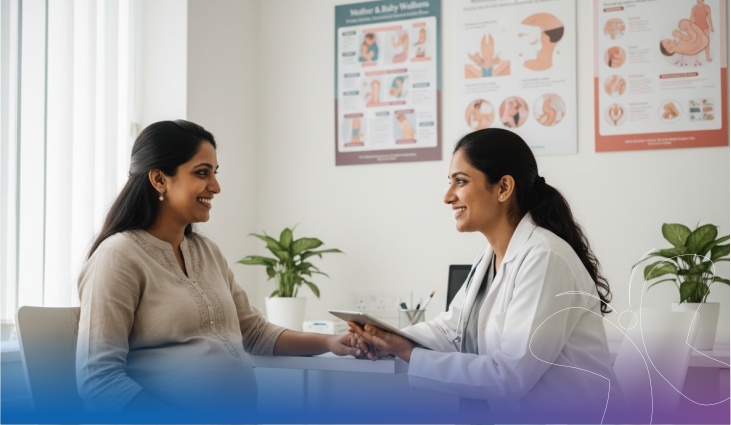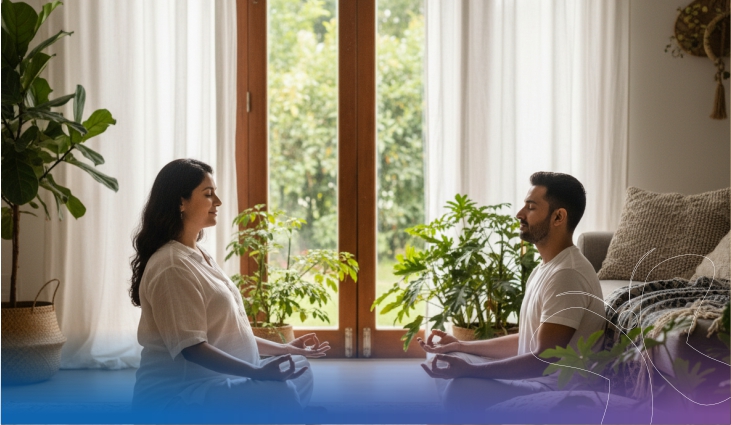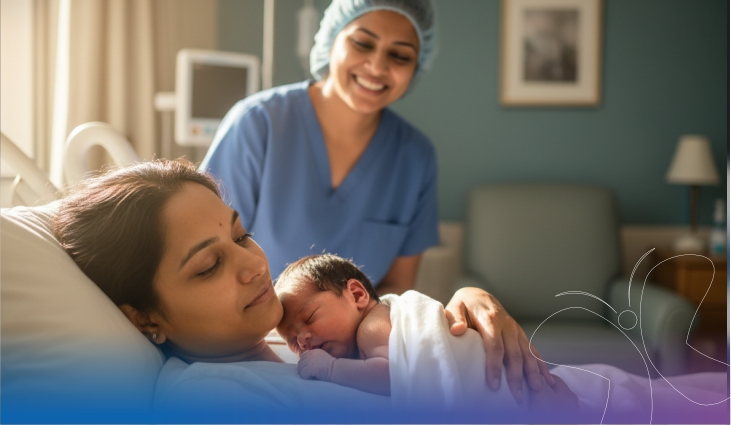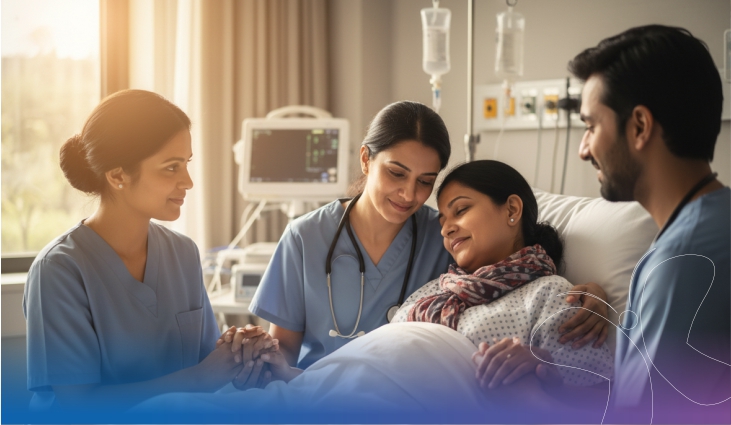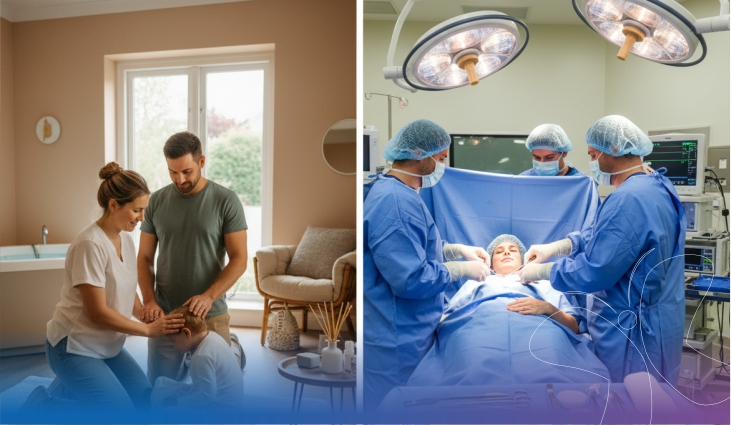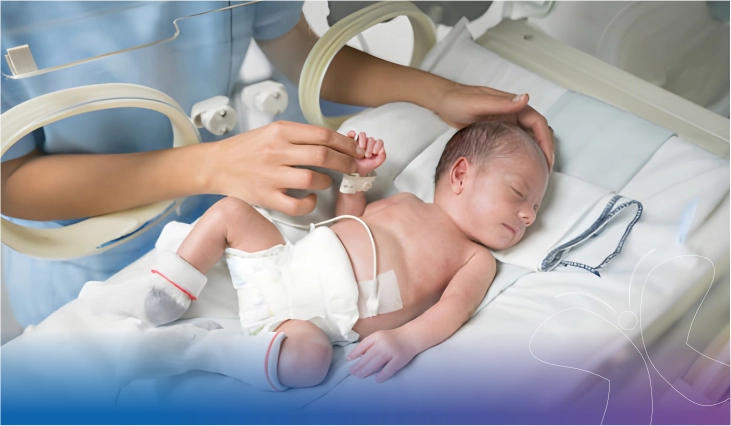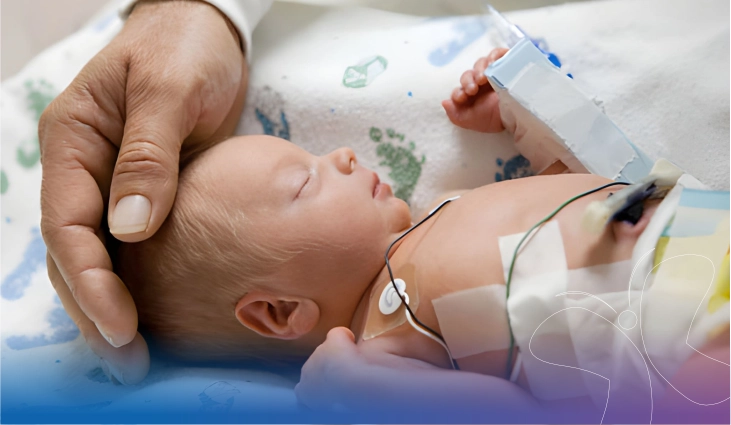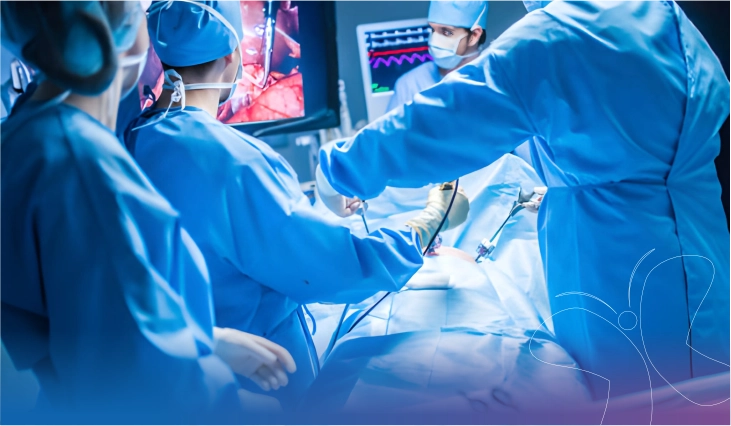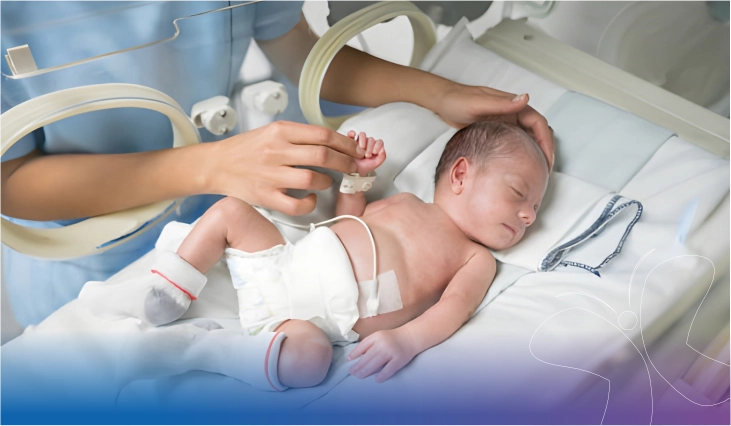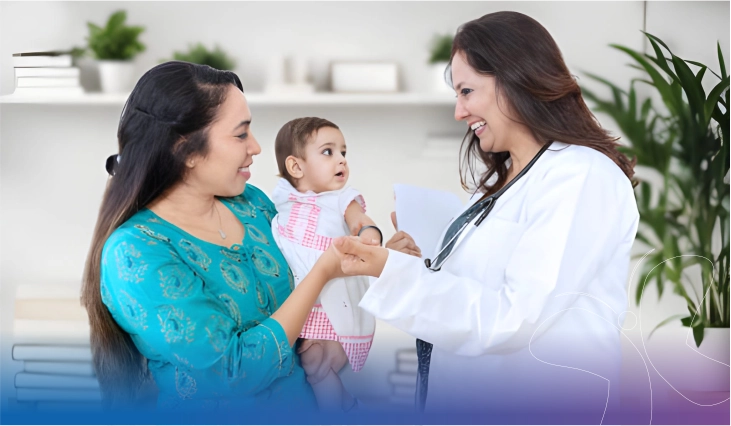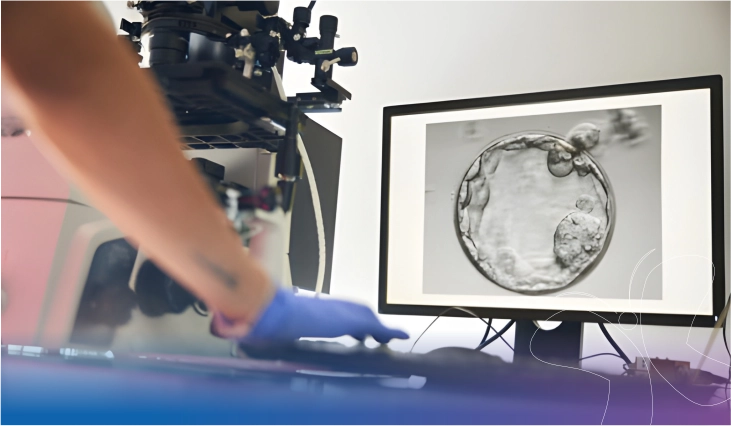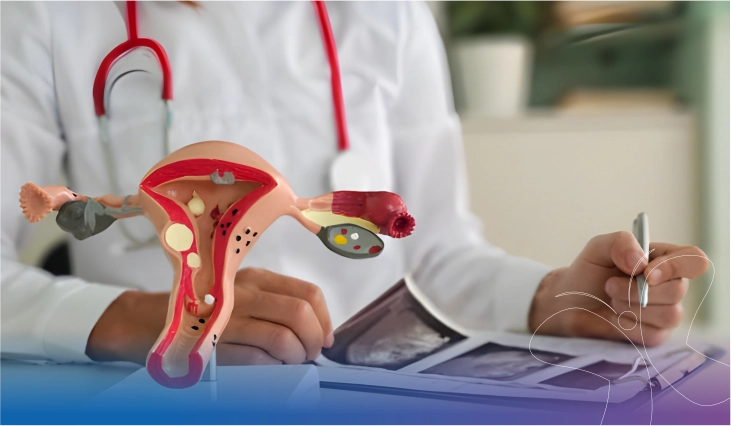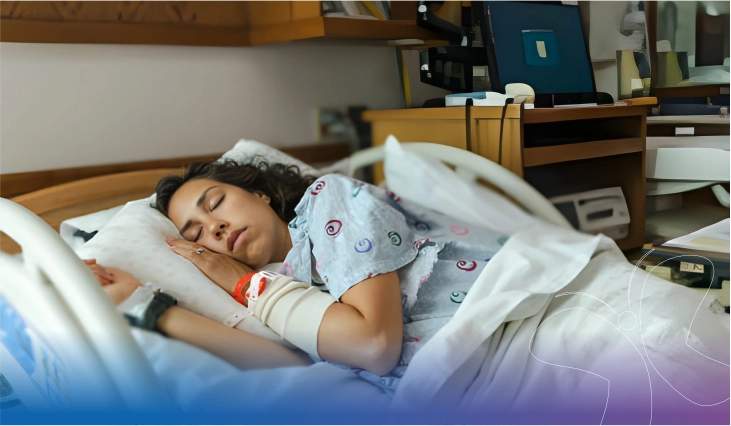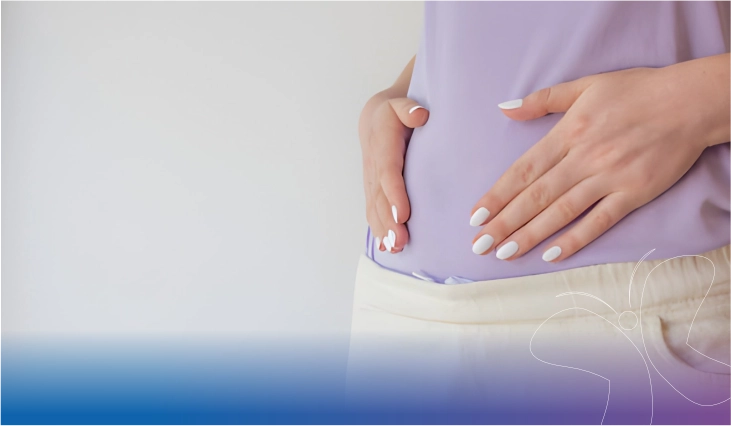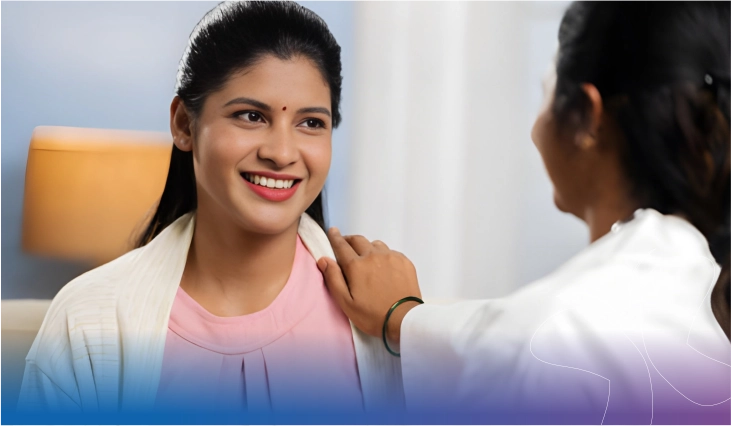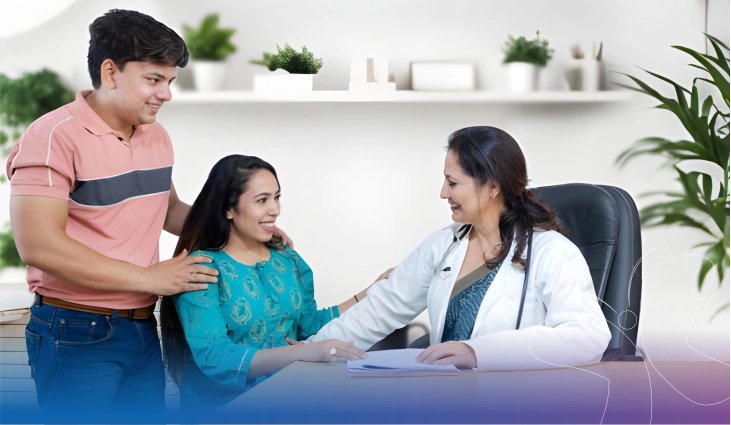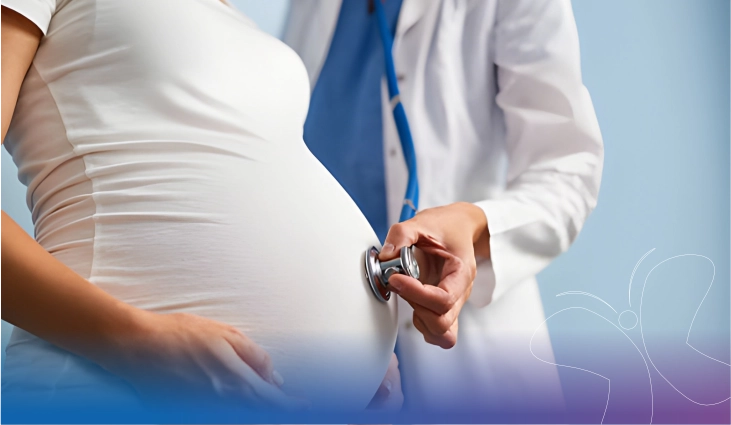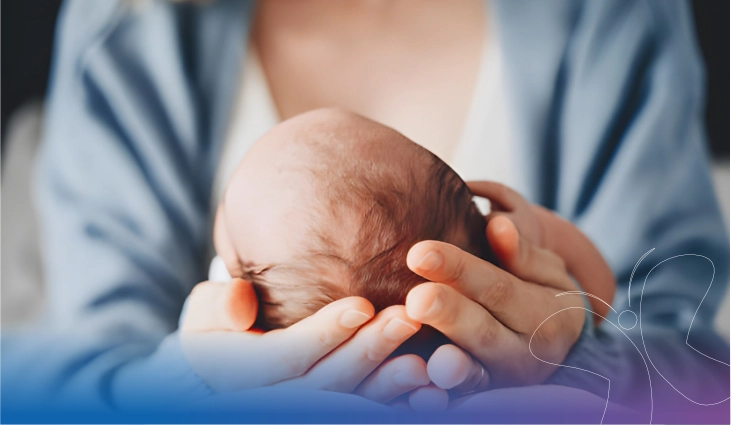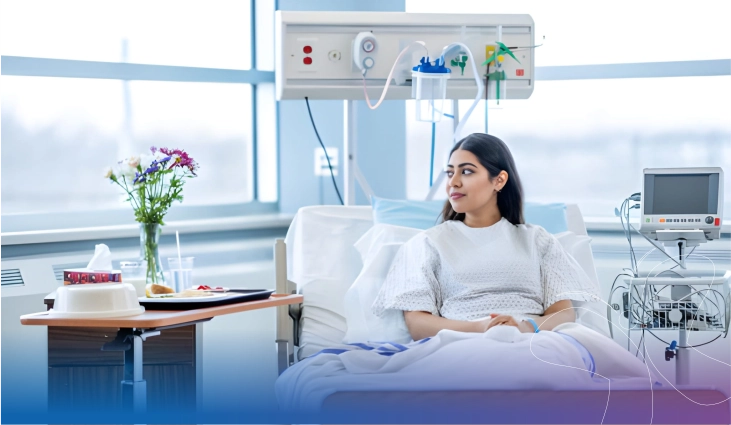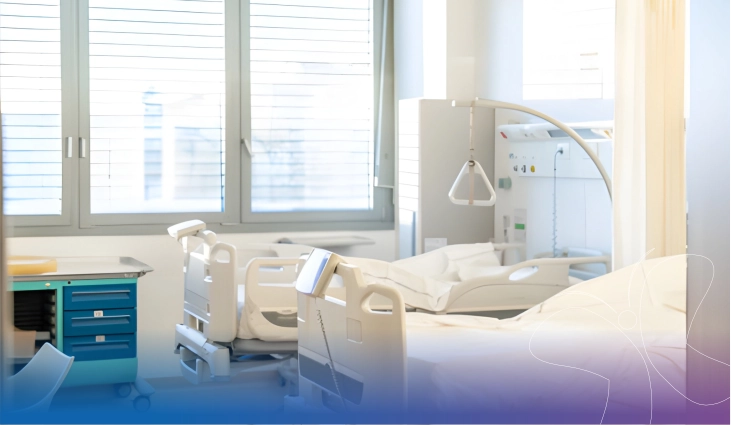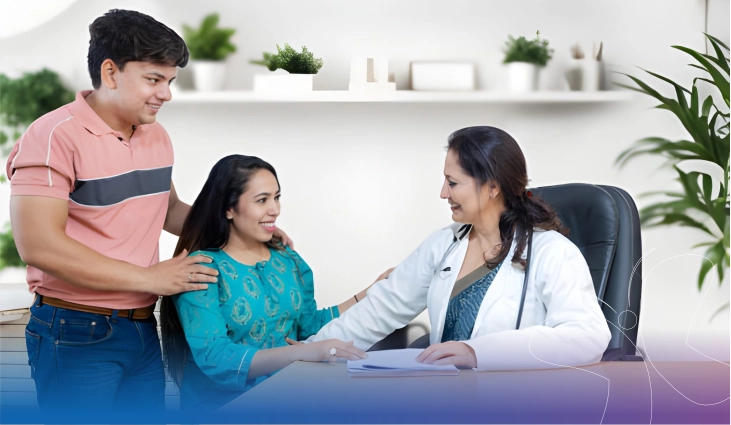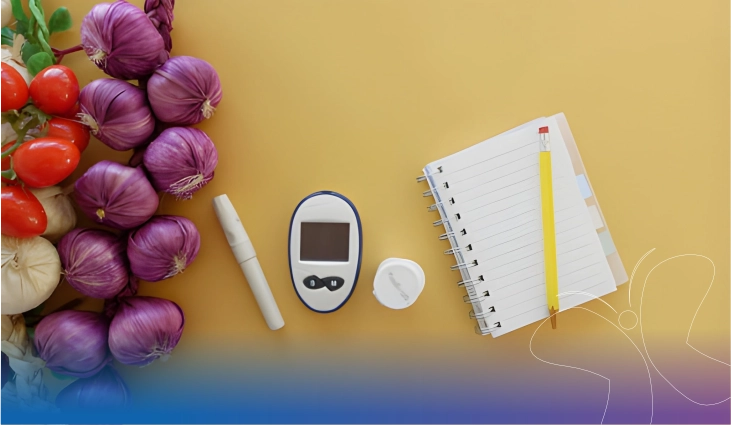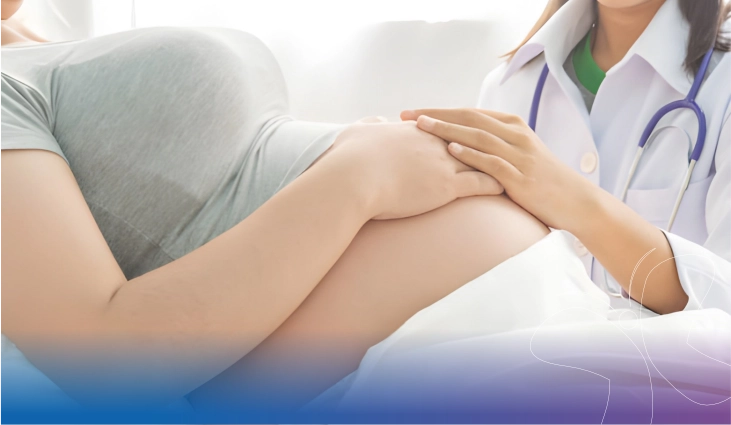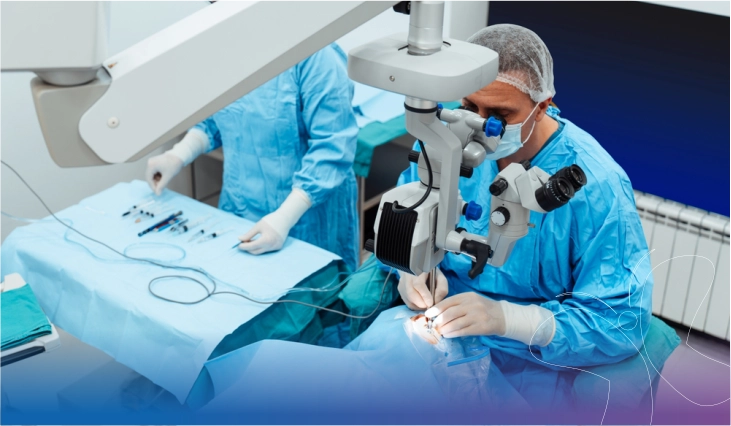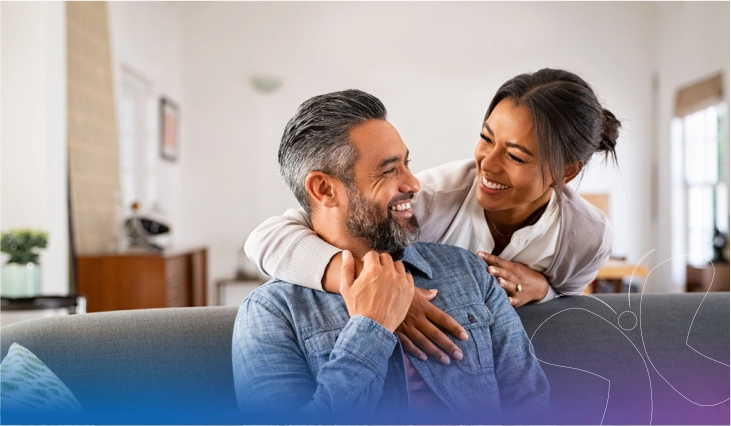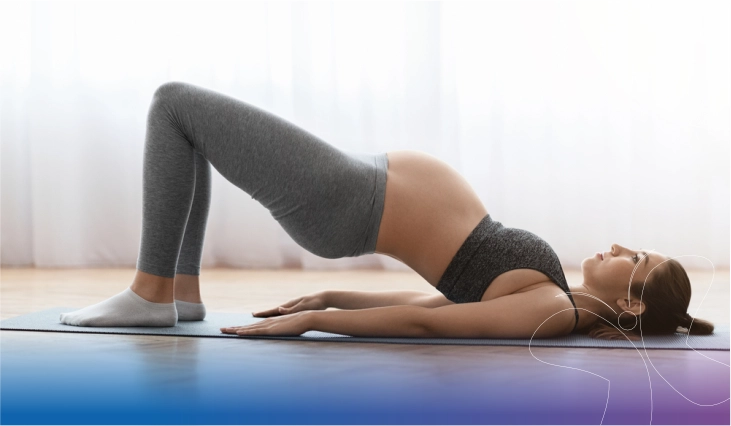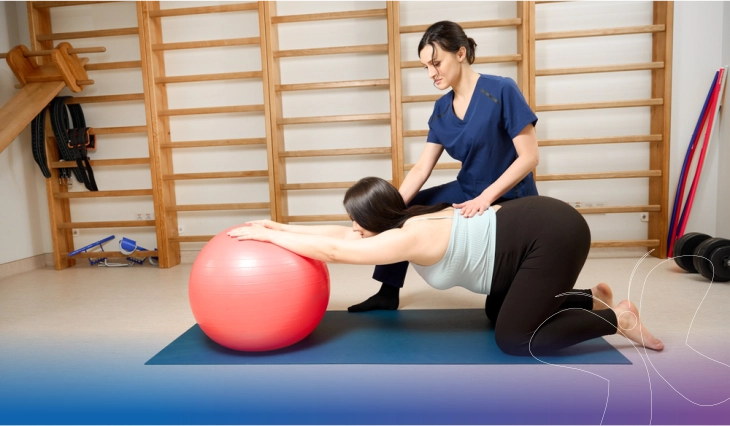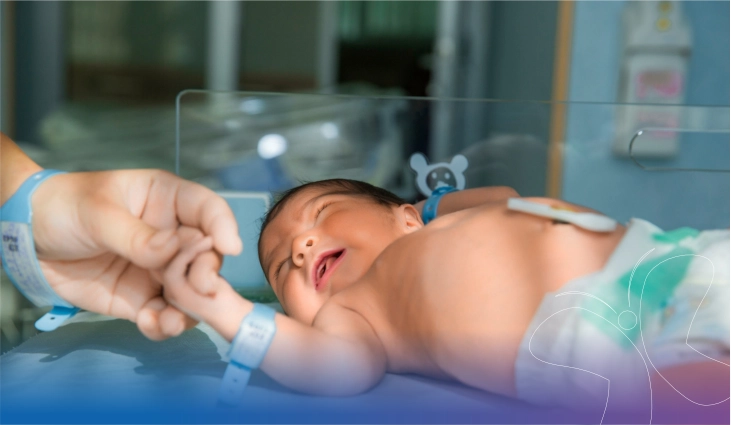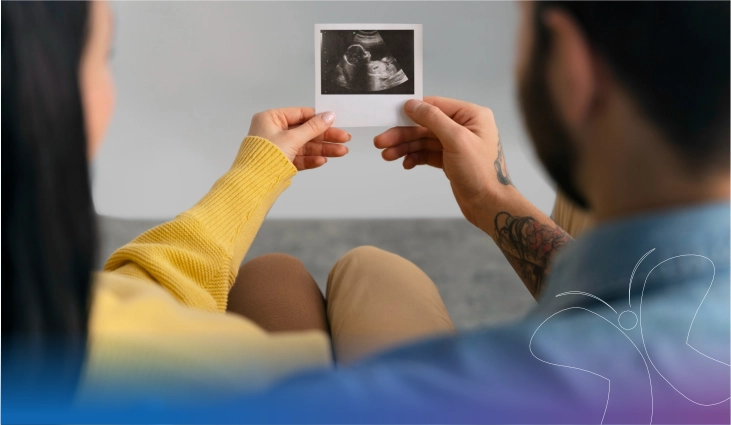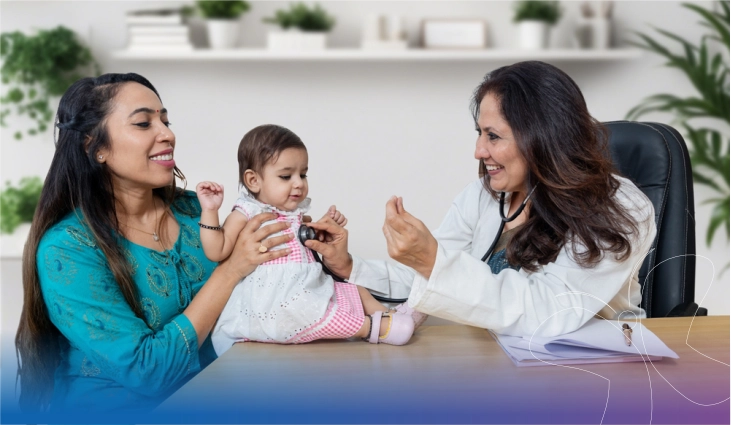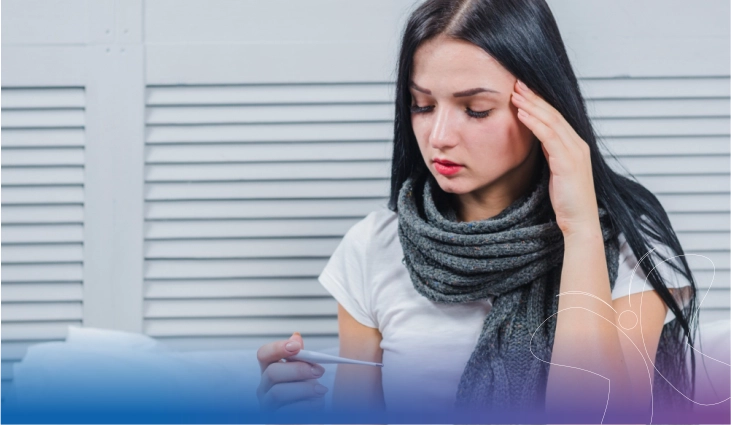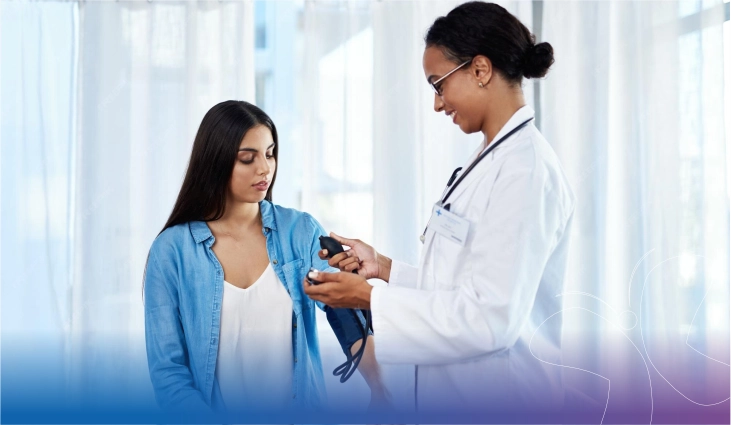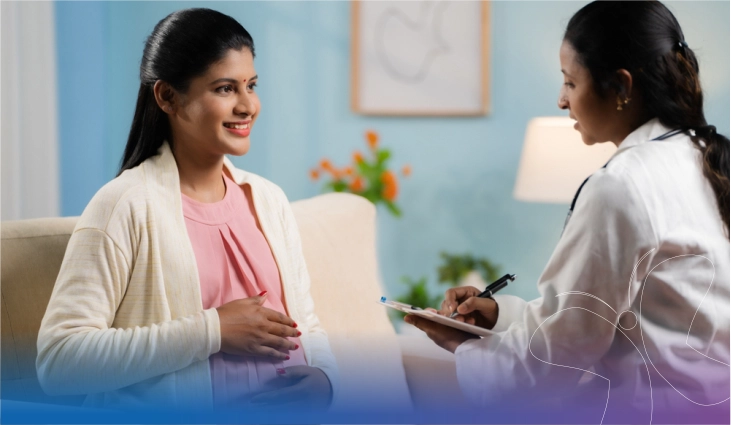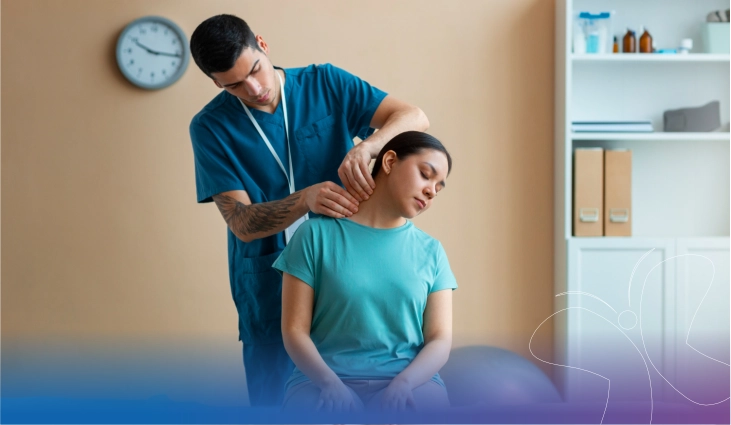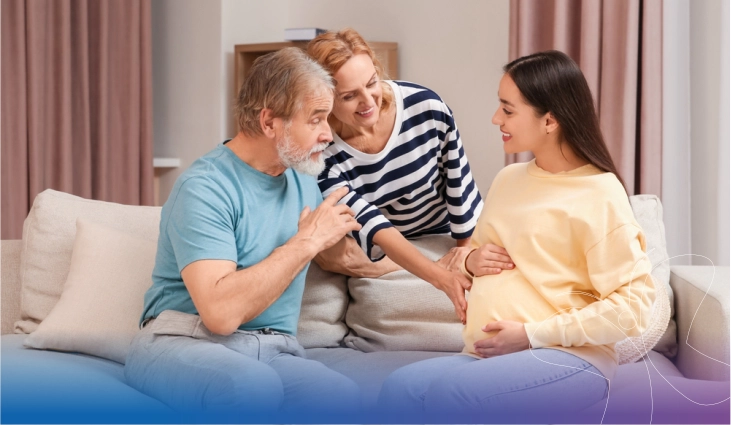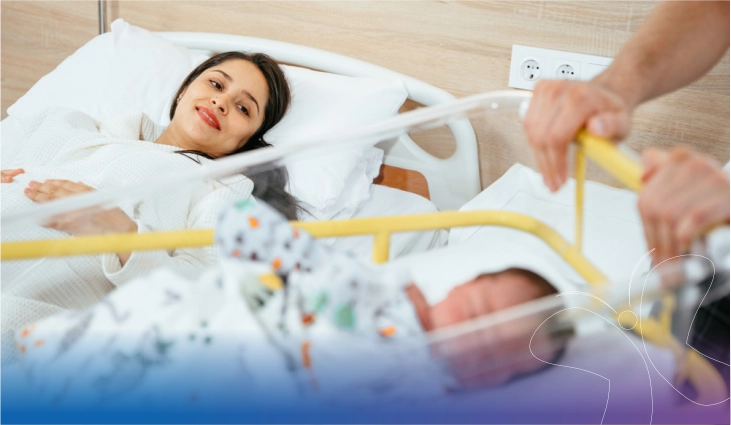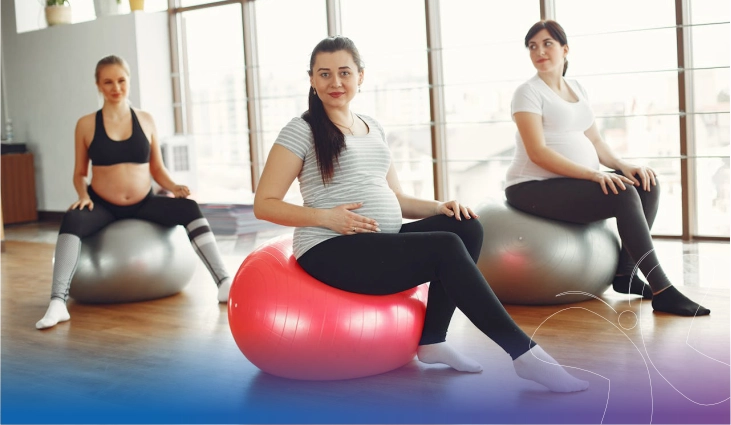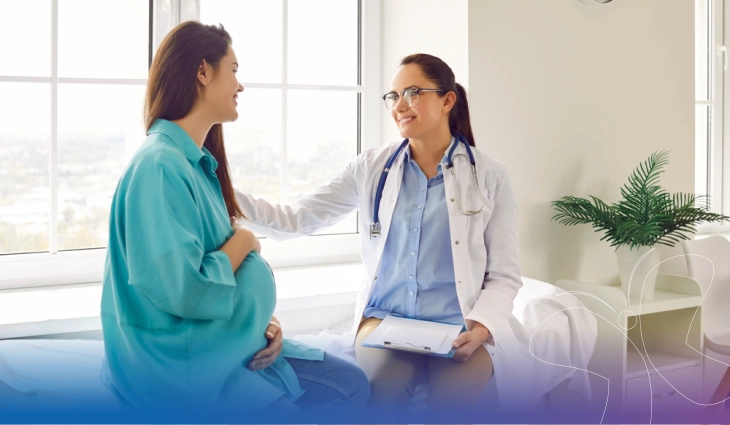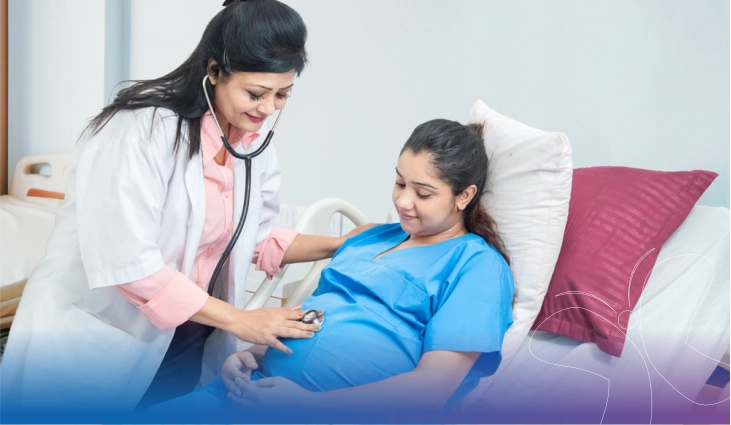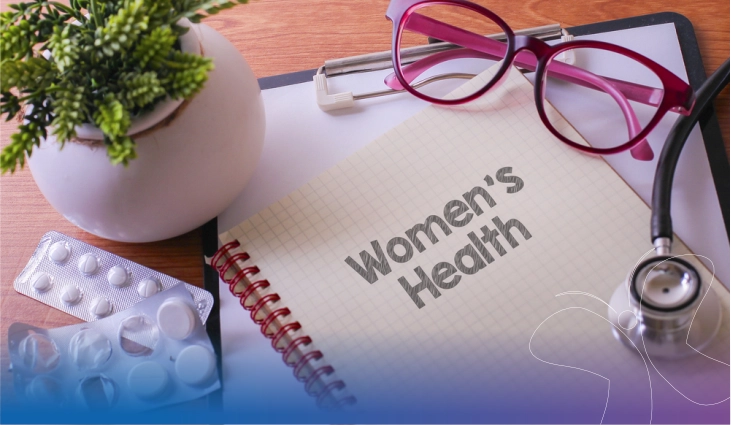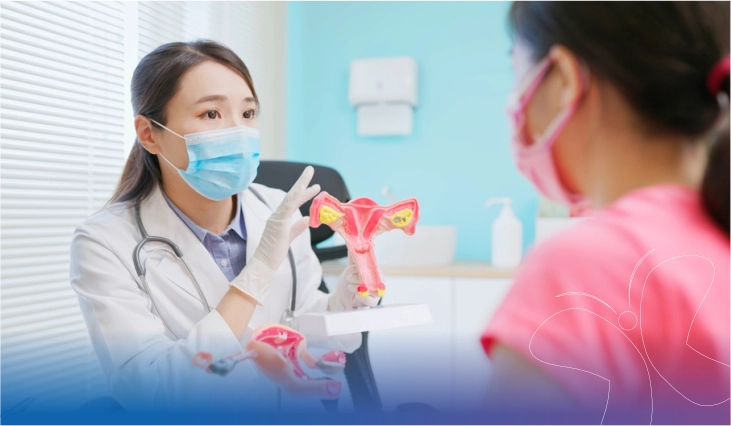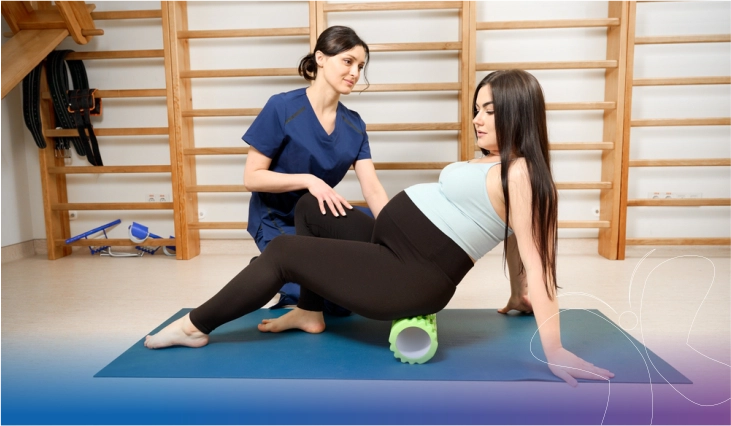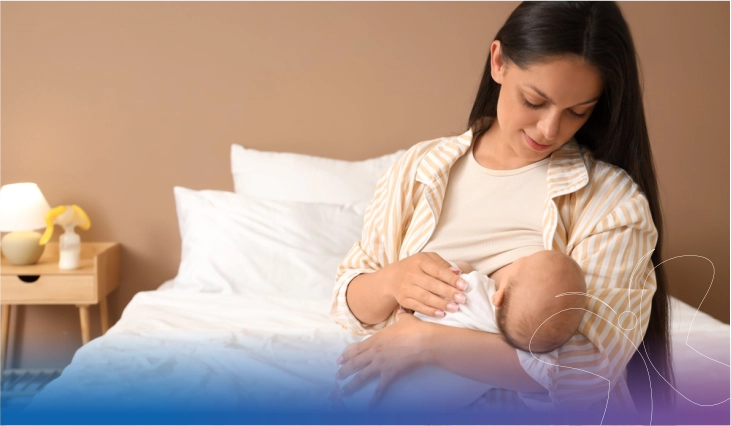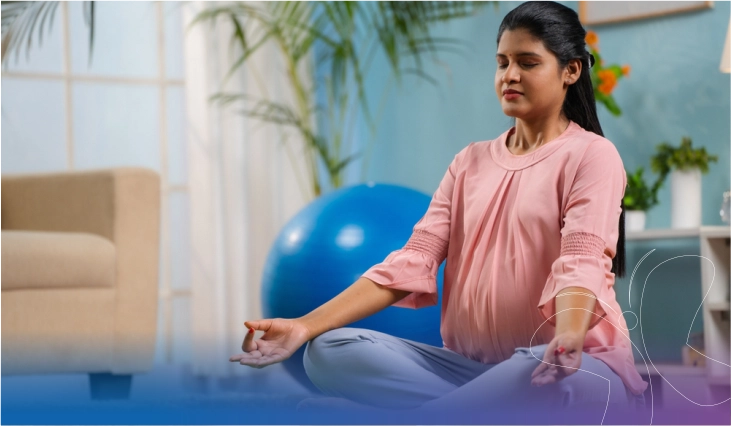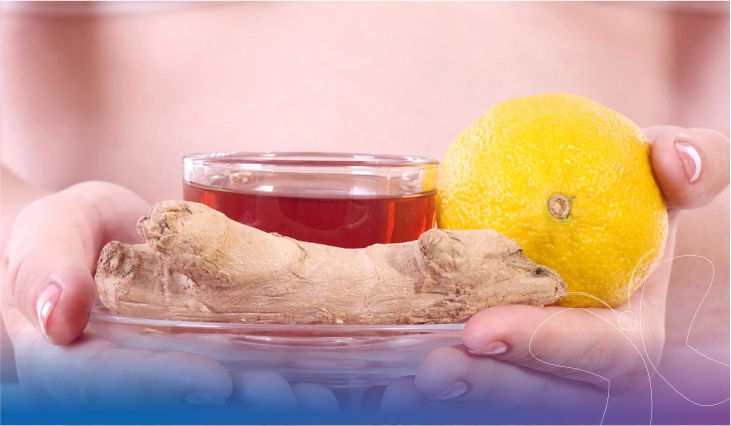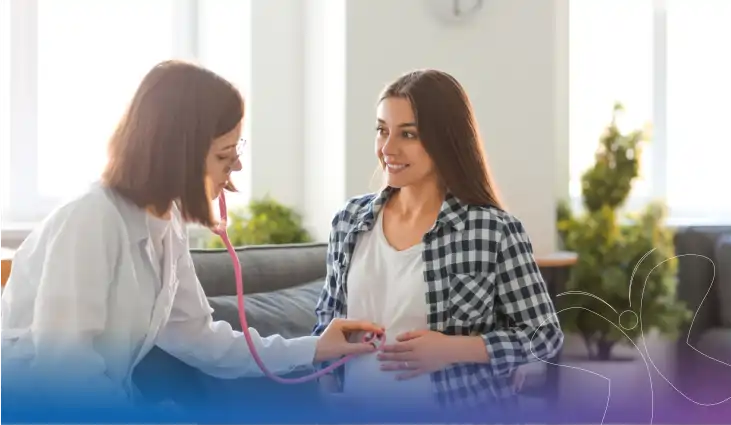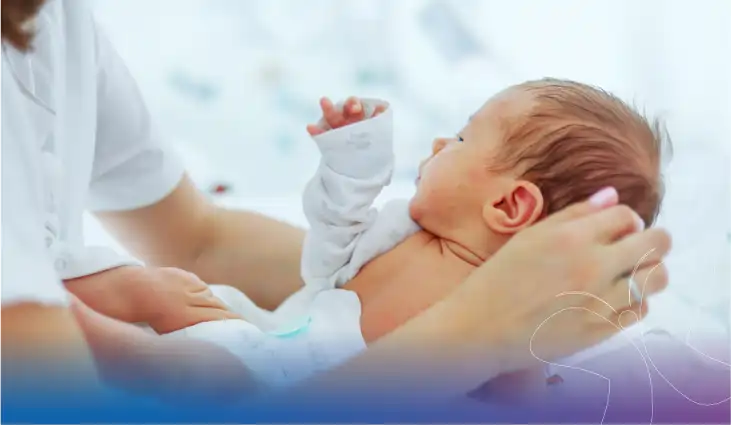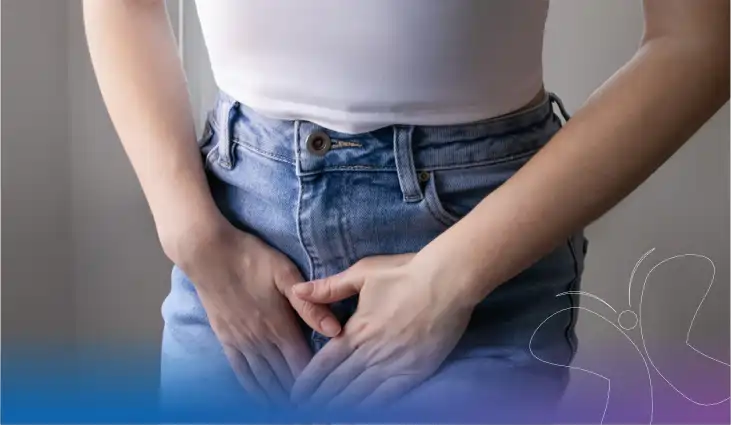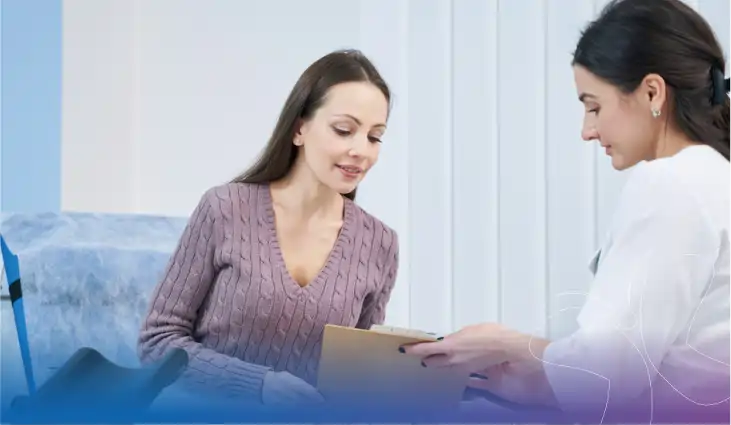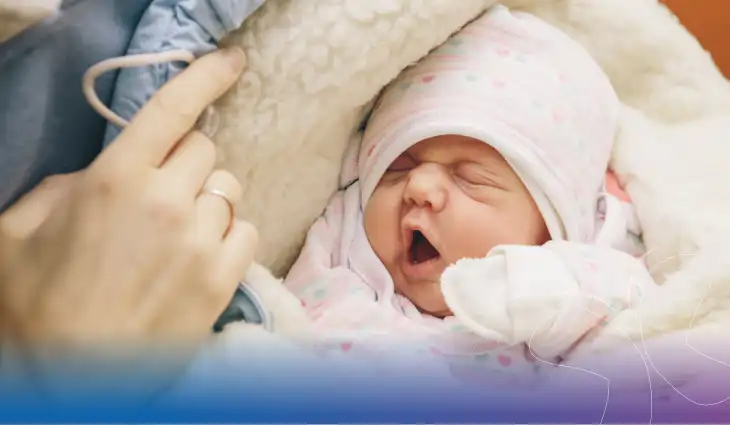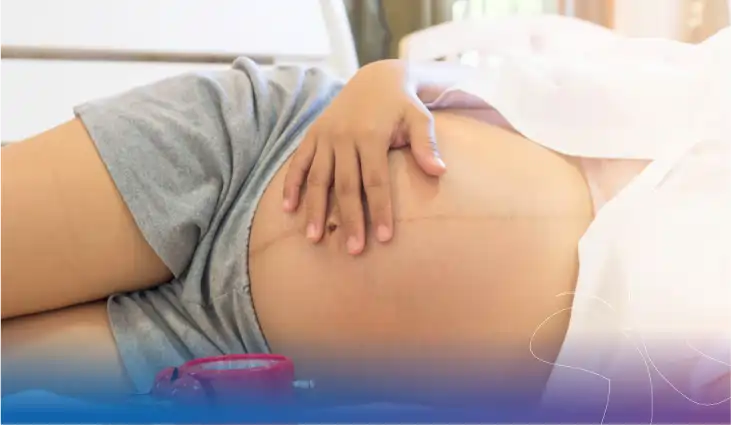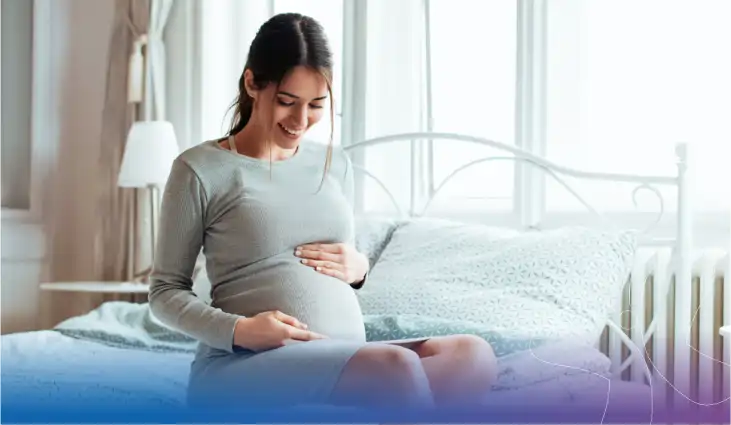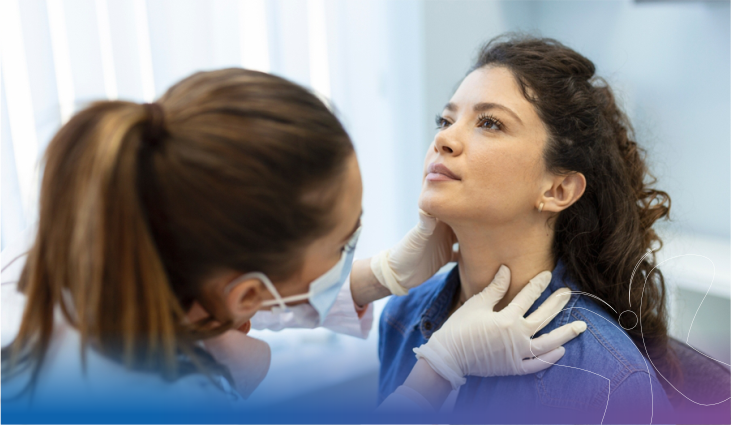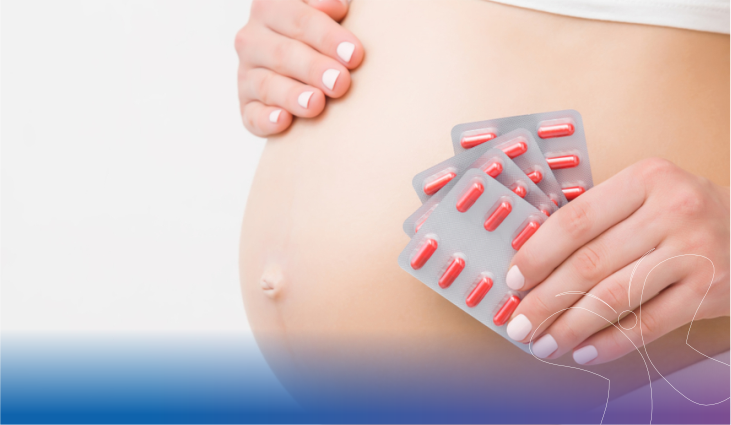Fibroids are one of the most frequent health problems women have during their reproductive years, yet many women don't know they have them until the symptoms get worse. These growths that aren't malignant can form in or on the uterus and can be very little or extremely big. Fibroids are not usually dangerous to life, but if they are not treated, they can cause a lot of pain and make a woman's quality of life worse. This is why it's so crucial to know how to spot the early signs of uterine fibroids.
What Are Uterine Fibroids?
Uterine fibroids are noncancerous growths of muscle and connective tissue. They grow in or around the uterus, and in the beginning, they often go unnoticed. Doctors don't know exactly what causes fibroids, although hormones (particularly estrogen and progesterone), family history, and lifestyle decisions may all play a part.
Some women may never have any symptoms, while others detect changes in their bodies that make it hard to go about their regular lives. Knowing the early indicators can help you get medical treatment when you need it.
Don't Ignore These Early Signs of Uterine Fibroids
Fibroid symptoms are different for each woman, but there are certain common signals that they are there. These are:
- Heavy or long-lasting menstrual bleeding is one of the most obvious signs. Some women also say that they pass big blood clots during their periods.
- Pelvic pain or pressure: a sense of fullness or heaviness in the lower abdomen that doesn't go away.
- Frequent urination: Big fibroids can push on the bladder, making it hard to hold pee for a lengthy time.
- When fibroids impinge on the rectum, they might cause bloating or constipation.
- Pain in the lower back or legs might spread to other areas if the nerves around them are under pressure.
It's important to pay attention to changes in your menstrual cycle and pelvic health, even if not every woman has all of these symptoms.
When to See a Gynecologist for Irregular Periods
A lot of women think that irregular periods are just a result of stress or hormonal changes, but if they happen a lot, they shouldn't be ignored. "When should I be worried about my cycles?" is a question that many women ask. The answer is easy: you should see a gynecologist if you have any of the following:
- Periods that suddenly get a lot heavier or lighter than they usually are.
- Bleeding that lasts more than a week.
- Bleeding or spotting between menstruation.
- Severe cramping or pelvic pain that makes it hard for you to go about your day.
Knowing when to see a gynecologist for irregular periods might help find diseases like fibroids, PCOS, or even thyroid problems early on.
Vaginal Hygiene and How It Affects Reproductive Health
Good hygiene doesn't immediately stop fibroids, but keeping your vagina healthy lowers the risk of infections and other problems that can make symptoms worse. Some vaginal hygiene tips every woman should know include:
- Cotton underwear lets your skin breathe.
- Don't use scented soaps or harsh cleansers on your vagina.
- During your period, you should change your tampons and pads often.
- To keep your reproductive health in good shape, drink plenty of water and eat a balanced diet.
- To avoid infections that could make gynecological problems worse, have safe sex.
A strong basis for long-term reproductive health is good hygiene and regular medical check-ups.
How to Treat Fibroids
Some fibroids don't need treatment right away. In fact, little fibroids that don't create any problems can just be watched over time. But if the symptoms get worse, there are a few ways to treat them:
- Medications to control hormones or stop severe bleeding.
- Laparoscopic surgery or uterine artery embolization are two examples of minimally invasive techniques.
- In severe situations, surgery may be necessary to remove fibroids (myomectomy) or the uterus (hysterectomy).
The size and location of the fibroids, how bad the symptoms are, and whether the lady wants to have kids in the future all affect the decision of therapy.
Tips for Self-Care and Living Well
There is no sure method to stop fibroids from happening, however living a healthy life may help lower your risk or ease your symptoms. A lot of the time, doctors say:
- Keeping your weight in a healthy range.
- Eating more foods that are high in fiber, fruits, and vegetables.
- Cutting back on processed foods and too much sugar.
- Doing things like yoga, meditation, or gentle exercise to relieve stress.
Making small modifications to your lifestyle can do a lot to help your overall reproductive health.
Fibroids are prevalent, but it doesn't mean you should ignore them. Women may take care of their health by learning about the early signs of uterine fibroids, knowing when to see a gynecologist for irregular periods, and following some simple vaginal hygiene tips every woman should know.
We at Flowrence Hospital are dedicated to helping women by providing expert care, early diagnosis, and cutting-edge treatment choices. We make sure that every woman gets the care and attention she needs.




